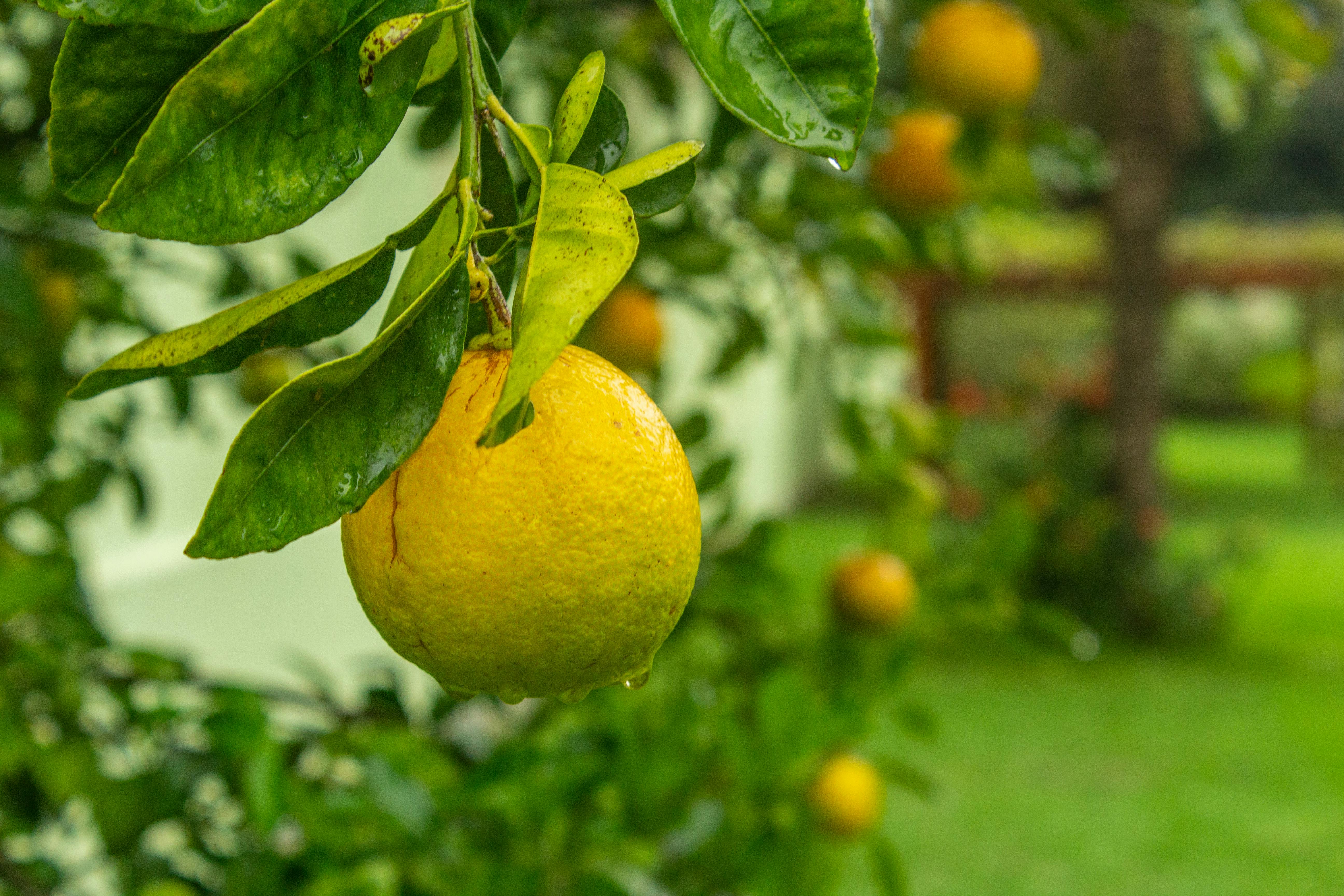
Apply Now


Essential Guide to the Anti Cancer Diet in 2025
Understanding the Anti-Cancer Diet
The anti-cancer diet is more than just a trend; it's a vital approach to nutrition that incorporates cancer-fighting foods to enhance overall health and decrease the risk of cancer. This diet emphasizes the importance of whole foods, rich in antioxidants, vitamins, and minerals, alongside healthy fats and lean proteins. In 2025, the focus is on providing not only a defensive shield against cancer but also promoting a holistic lifestyle that assimilates stress management and emotional well-being. Research shows that dietary choices can significantly influence the body’s ability to ward off cancer. This guide aims to delve into various strategies for effectively leveraging nutrition for cancer prevention and recovery. By integrating an anti-inflammatory diet, cancer survivors can improve their quality of life while supporting their immune system.Benefits of Cancer-Fighting Foods
Cancer-fighting foods play a crucial role in supporting the immune system and enhancing recovery for those diagnosed with cancer. Foods laden with phytonutrients, such as fruits and vegetables, provide essential support by guarding against oxidative stress and enhancing detoxification processes. For example, tomatoes, broccoli, and blueberries are known for their cancer-fighting properties, attributed to their high levels of antioxidants. Moreover, incorporating omega-3 fatty acids through sources like salmon and flaxseed can help manage inflammation, which is crucial in cancer care. A mindful eating approach—focusing on nutrient density rather than calorie count—can lead to better weight management and optimize health outcomes.Foundational Elements of a Plant-Based Diet
A plant-based diet is at the forefront of dietary recommendations for cancer prevention. Rich in dietary fiber, vitamins, and minerals, this eating pattern not only boosts overall nutrition but also promotes gut health. The Mediterranean diet, known for its heart-healthy benefits, aligns closely with the principles of an anti-cancer diet. This approach allows for ample servings of whole foods, legumes, nuts, and healthy fats while minimizing processed foods. To make the transition smoother, practical tips such as meal prepping can assist in maintaining a balanced diet. This technique also allows easy access to wholesome meals throughout the week, minimizing the temptation to resort to unhealthy options.Foods to Avoid for Cancer Prevention
While understanding what to eat is crucial, equally essential is knowing what to avoid. High-sugar foods, processed meats, and excessive amounts of red meat have been associated with increased cancer risks. Adopting a low-sugar diet, with careful attention to food labels, can significantly benefit overall health. Furthermore, it’s advisable to reduce the intake of inflammatory foods, which can exacerbate cancer symptoms. This includes trans fats, excessive alcohol, and food preservatives. Fostering awareness about these foods supports not just cancer prevention but a healthier overall lifestyle.Meal Planning and Preparation Strategies
Effective meal planning can streamline the process of adhering to an anti-cancer diet. This involves understanding portion sizes, budgeting for health, and selecting seasonal, organic options when possible. Using fresh produce, especially from local farmers, can elevate the nutrient quality of meals while being cost-effective. In addition, experimenting with cancer-fighting recipes can foster a love for cooking while ensuring nutritional guidelines are met. Utilizing simple cooking methods, such as steaming or grilling, can retain essential nutrients and enhance flavor. Foods rich in antioxidants, paired with lean protein and healthy fats, can create tasty, balanced meals.Incorporating Cancer-Fighting Recipes
Recipes that evoke the flavors of whole foods should be at the core of daily meals. Consider crafting dishes that focus on nutrient-dense ingredients while avoiding overly processed options. Incorporating refreshing smoothies packed with spinach, berries, and flaxseed can serve as powerful immune-boosting foods. Moreover, herbs and spices can elevate dishes while delivering significant health benefits. For instance, turmeric is renowned for its anti-inflammatory properties, making it a perfect addition to many recipes. Seeking out cookbooks focused on cancer prevention and healthy recipes can provide endless inspiration.Holistic Health Approaches to Nutrition
Supportive Lifestyle Changes
Transitioning to an anti-cancer diet often necessitates broader lifestyle changes. Engaging in physical activities, such as yoga or community gardening, can enhance overall well-being and support healthy eating habits. These practices foster a balanced approach to wellness, addressing emotional and mental health alongside physical nutrition. Mindful eating techniques further complement this efforts, allowing individuals to cultivate a better relationship with food. Understanding hunger cues and savoring each bite can contribute significantly to emotional satisfaction and help manage food cravings.Nutritional Therapy and Expert Recommendations
Consulting with a registered dietitian can offer personalized nutritional therapy tailored to individual needs. They can provide guidance on meal planning, managing any dietary restrictions, and making informed choices about food labels. Educational workshops can empower individuals with knowledge on how to integrate cancer-fighting foods into their daily lives. In addition to focusing on diet, incorporating stress reduction techniques, such as meditation or peer support groups, can enrich the journey to wellness. Understanding the psychological aspects of eating can dramatically influence food choices, promoting a supportive cancer recovery environment.Connecting with Community Health Initiatives
Community outreach programs can serve as vital resources for individuals looking to implement an anti-cancer diet. Health food stores and local farms often provide fresh, organic options that align with healthy eating principles. Participating in nutritional literature discussions or cooking classes can offer further insights into maintaining a healthy lifestyle while combating cancer. Through shared experiences and support, individuals can navigate their dietary paths while fostering connections with others. This collective effort can enhance motivation and accountability in adhering to dietary guidelines aimed at cancer prevention.
Conclusion: Embracing the Anti-Cancer Diet
The anti-cancer diet in 2025 emphasizes a proactive approach to health, integrating comprehensive nutritional strategies aimed at reducing cancer risk. By focusing on cancer-fighting foods, practicing portion control, and advocating for mindful eating, individuals can effectively manage their health while supporting their immune systems. Incorporating these dietary principles not only aids in cancer prevention but also enhances overall well-being and life quality. For anyone seeking to embrace a healthier lifestyle, understanding and implementing these methods is crucial in the fight against cancer.FAQs on the Anti-Cancer Diet
What are the best foods to include in an anti-cancer diet?
Incorporate a variety of plant-based foods, including leafy greens, berries, nuts, and seeds. Foods rich in antioxidants, such as cruciferous vegetables and tomatoes, are particularly beneficial as cancer-fighting foods.Are there specific diets recommended for cancer recovery?
The Mediterranean diet and plant-based diets are widely recognized for their cancer-fighting properties, focusing on whole foods and healthy fats while restricting processed options.How can meal prep help with maintaining an anti-cancer diet?
Meal prep allows for efficiency and ensures that healthy, balanced meals are readily available. This helps prevent the temptation of unhealthy food choices during busy times.